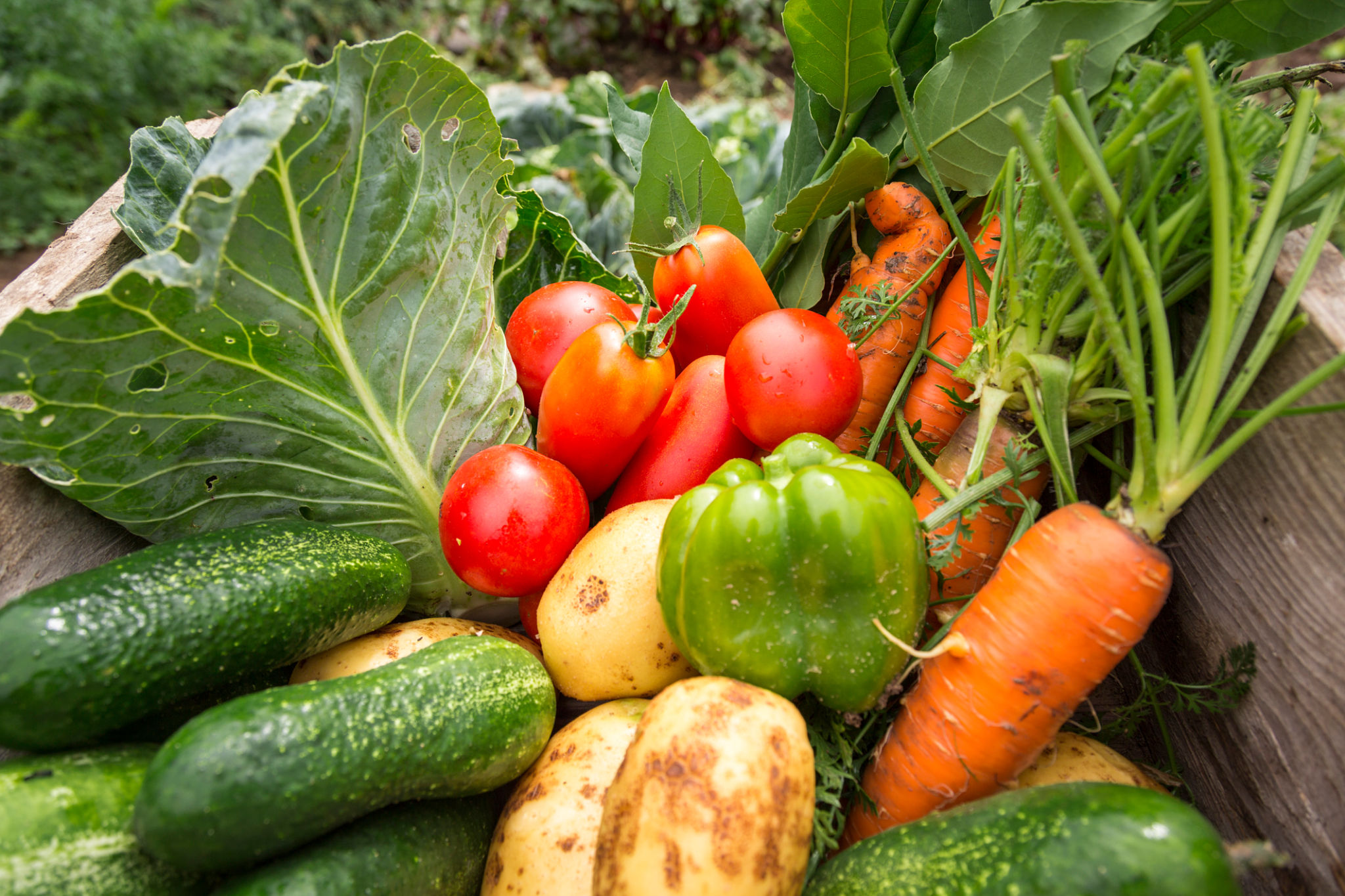The Environmental Benefits of Supporting Local U-Pick Farms
Understanding the Concept of U-Pick Farms
U-pick farms, often called "pick-your-own" farms, are agricultural operations where consumers can harvest their own produce directly from the fields. This model not only provides a unique, hands-on experience for visitors but also offers significant environmental benefits. By supporting these local farms, individuals contribute to a more sustainable and eco-friendly food system.

Reduced Environmental Footprint
One of the most significant environmental benefits of U-pick farms is the reduction in the carbon footprint associated with food production and distribution. Since consumers travel directly to the farm to gather their produce, there is a considerable reduction in the need for transportation. This means fewer trucks on the road and less fuel consumption, leading to lower greenhouse gas emissions.
Additionally, U-pick farms often use sustainable farming practices, such as crop rotation and organic farming, to maintain the health of their soil and crops. These methods not only preserve the environment but also enhance biodiversity and reduce dependency on chemical fertilizers and pesticides.
Minimized Food Waste
Food waste is a major environmental issue, contributing to unnecessary greenhouse gas emissions and the depletion of natural resources. Local U-pick farms help minimize food waste by allowing consumers to pick only what they need. This practice ensures that produce does not go to waste, as it often does in large-scale agricultural operations where unsold crops may be discarded.

Moreover, since the produce is harvested directly by the consumer, there is less likelihood of damage or spoilage during transportation and storage. This results in fresher, longer-lasting produce and a significant reduction in post-harvest losses.
Supporting Local Economies
By choosing to visit U-pick farms, consumers are directly supporting local farmers and their communities. This support helps maintain local agricultural landscapes and prevents land from being sold off for development, thus preserving green spaces and wildlife habitats.
Furthermore, local farms often employ community members, thereby boosting the local economy and fostering a sense of community involvement and pride. This local support creates a more resilient food system that can better withstand economic and environmental challenges.

Encouraging Sustainable Practices
U-pick farms often act as educational platforms where visitors can learn about sustainable farming practices and the importance of environmental conservation. Many farms offer tours or workshops that educate the public about the benefits of organic farming, composting, and maintaining biodiversity.
This educational aspect not only raises awareness but also encourages consumers to adopt more sustainable practices in their own lives. As more individuals become informed about the environmental benefits of local agriculture, there is a growing demand for sustainably produced food, leading to positive changes in the agricultural industry.
Conclusion
Supporting local U-pick farms is a simple yet impactful way to contribute to environmental sustainability. By reducing transportation emissions, minimizing food waste, supporting local economies, and encouraging sustainable practices, U-pick farms offer numerous environmental benefits. The next time you plan a family outing or want to stock up on fresh produce, consider visiting a U-pick farm to enjoy the fruits of your labor while making a positive impact on the planet.